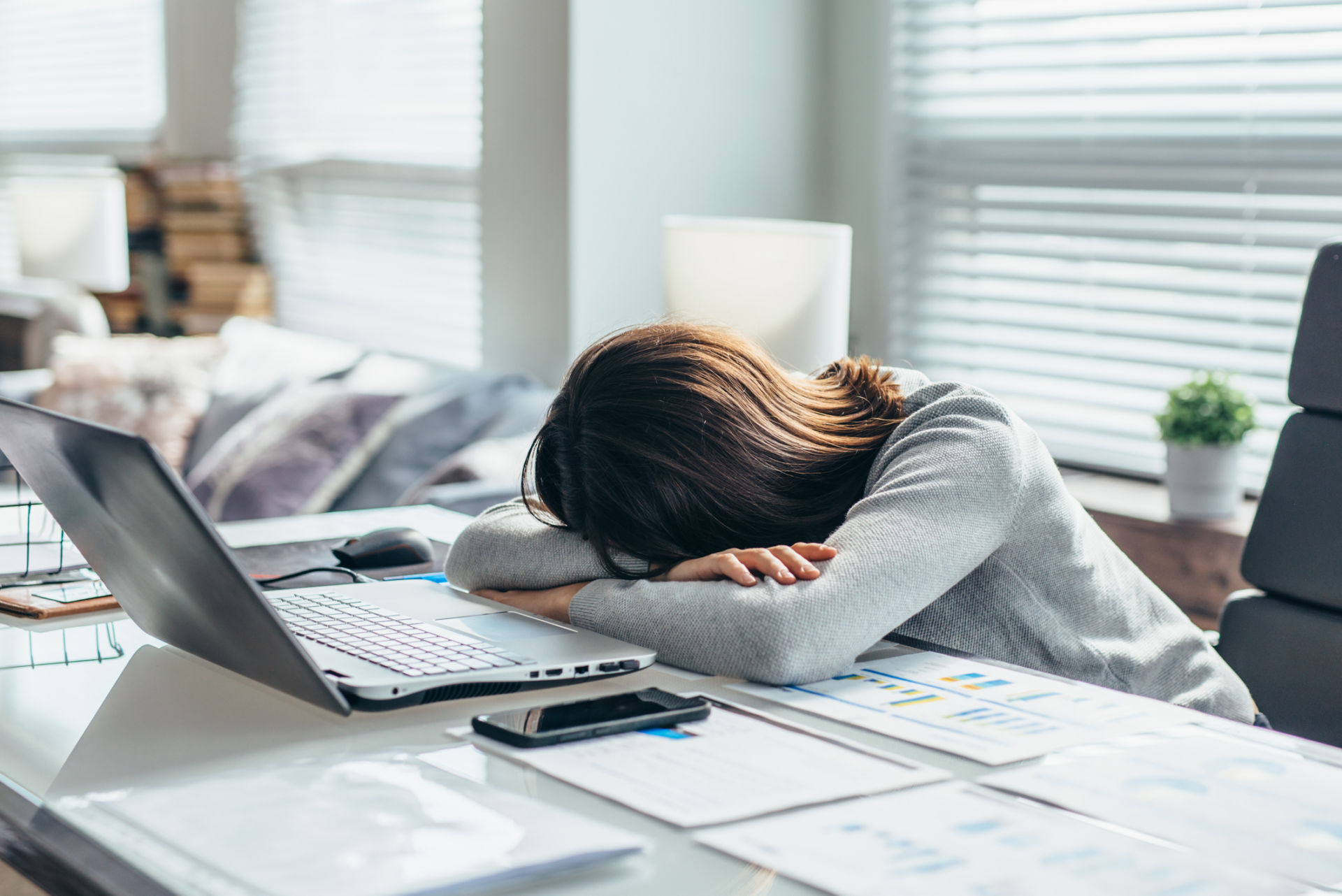The change of season and the arrival of the first cold, but also the greater workload that often accompanies autumn: these are all elements that, in these months, can make us feel a increased fatigue. However, when the problem continues for too long and the feeling of fatigue during the day does not go away, it is good to contact your doctor to investigate the causes.
Often the disorder originates from one lack of sleepa problem that affects many people and that, in the long run, can have a serious impact on individual health, both in the development of pathologies, such as those of cardiovascular systemboth in the worsening of disorders such as anxiety and depression.
Let’s deepen the subject with Dr. Vincenzo Tulloneurologist and Head of the clinic on headaches and sleep disorders of Humanitas.
Sleep disorders: insomnia and obstructive apnea
The two most common sleep disorders that disturb night rest are insomnia and obstructive sleep apnea. L’insomnia it is a disorder that is associated with various neurological, metabolic and cardiac pathologies, but also with problems of a psychological nature. Insomnia can be of three different types:
- initial: the most “recognizable” which consists in the difficulty in falling asleep;
- central: characterized by continuous nocturnal awakenings;
- terminal: which therefore causes the patient to wake up early with consequent impossibility to go back to sleep.
L’obstructive apneaon the other hand, it is a pathology that involves episodes of interrupted breathing accompanied by loud snoring and, in general, a decrease of’influx d’aria to the lungs during sleep. Apneas cause frequent awakenings of the patient who will feel the sensation of lack of air. Obstructive apnea has, among its possible consequences, thefatigue of the heart muscle due to the decrease in oxygen in the bloodstream: a condition that can lead to the development of cardiovascular diseases.
Stress and sleep: what correlations?
Also it stress, as we have said, can strongly affect the quality of sleep. In addition to the worries and emotional burden that going through a difficult period, perhaps at work or family level, stress also activates real physiological mechanisms that help keep the brain active. It is about hormonal mechanisms that interfere with theaction of melatoninthe hormone that regulates the sleep-wake cycle.
For this reason, in some cases and on medical advice, they can be useful supplements which contain melatonin, so as to naturally help the processes that lead to sleep.
Tips for better sleep
There are some precautions that can be implemented independently to improve the night’s rest and facilitate the process of falling asleep. For example, it can be useful regulate the sleep-wake rhythm always going to bed and waking up at the same time, do not eat close to the time to go to sleep and avoid exciting substances such as coffee, tea or alcohol, preferring to these hot and relaxing herbal teas, such as those based on chamomile, lemon balm or passion flower. Also, to help sleep, the bedroom should have one temperature of 18-19 °so don’t be cold but not hot either, and you should avoid using screens bright for at least half an hour before bedtime.
Long COVID: fatigue is a characteristic symptom
A persistent daytime fatigue is also among the symptoms of long COVIDa clinical syndrome which develop many patients affected by COVID-19 and who see the persistence of some symptoms over 4 weeks after the infection is resolved. In addition to muscle and joint pain, dyspnoea and cough and chest pain and other cardiovascular, gastrointestinal and neurological symptoms; several manifestations are analogous to those of daytime fatigue, such as one persistent fatigue and a widespread one feeling of weakness.
Patients who suspect fatigue related to long COVID, therefore, should refer to the doctor, who will clinically diagnose long COVID syndrome and, if deemed necessary, will indicate which tests to perform.
Other conditions too, including for example diabetes, hypertension, thyroid disorders, vitamin deficiency (such as vitamin B12), can be linked to daytime fatigue. It is therefore advisable, if the symptom persists, to contact the medico.
Neurology specialist
Visits and exams
The numbers of Humanitas
